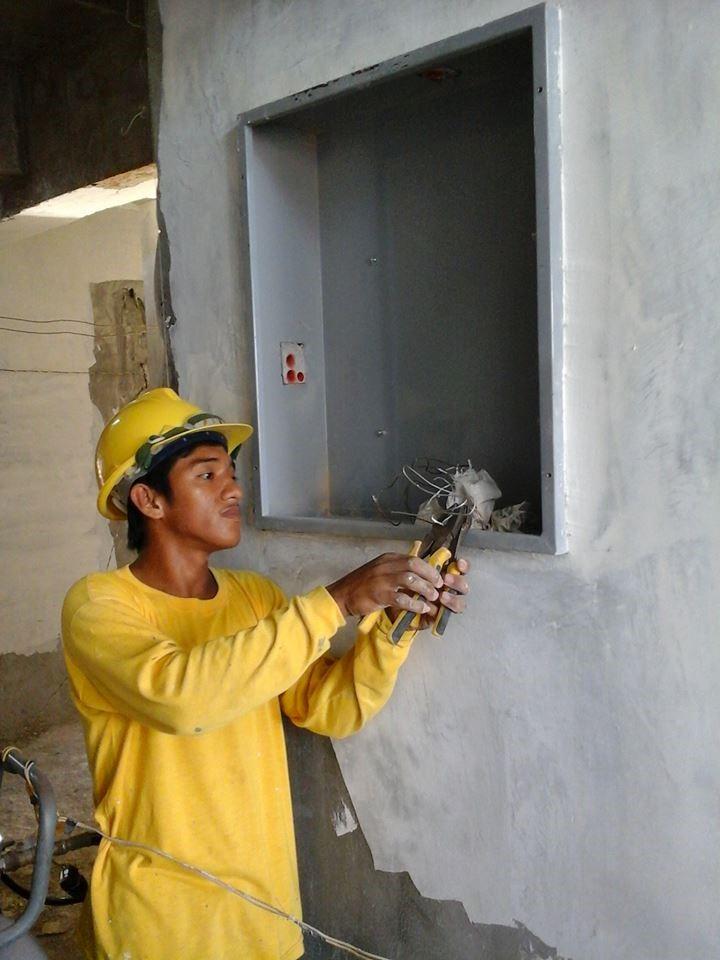A “sales unit” to connect Technical Vocational Education and Training (TVET) and the business world
- Solution
- Job and Business Services (JBS) model
- Organization
- Woord en Daad
- Country of Implementation
- Philippines
- Region
- Asia & Pacific
- Subregion
- Southeast Asia
- Start Year
- 2003
- First published
- 31.01.2017

Solution details
People
“Soft skills are very important in business. It is essential to be technically sound, but one should also have the ability to convey the idea to the masses in the simplest possible manner.” Mr. Mayurkumar Gadewar, Consultant, PricewaterhouseCoopers
As a Christian foundation from the Netherlands, Woord en Daad runs a variety of support programmes around the world. The Job and Business Service (JBS) model, which targets people with and without disabilities and minimizes the gap between TVET and the job market, was developed in 2003 in the Philippines and is now used by Woord en Daad and its partners in 15 countries, training more than 7,000 students per year.
Problems Targeted
The link between TVET and the job market is often weak because TVET is not demand-driven or it is not based on proper market research. In many cases, the industry is not involved in the design of the curriculum.
Solution, Innovation and Impact
To minimize the gap between TVET and the job market, Woord en Daad developed a model called Job and Business Services (JBS). In effect, JBS is the “sales unit” whereas TVET is the “production unit.” JBS provides regular market assessments; student coaching for apprenticeships, employment, and business start-ups; soft skills and business skills training; and feedback from the job market to the TVET centres. The JBS model started in the Philippines, where a TVET centre provided quality training for 400 students per year. Still, it had only limited impact because the placement rate was low. The introduction of the JBS model increased the placement rate from 30 per cent to more than 90 per cent. Graduates find jobs in manufacturing or the service industry or they start their own business.
Funding, Outlook and Transferability
The cost to setup a JBS programme is around US$100,000 for the first five years, after which the programme can become financially sustainable. The organization currently receives public funds from the Dutch Government as well as grants from Dutch companies and private persons. The JBS model also improves the financial sustainability of the TVET centre by generating income from various student and company fees as well as from alumni contributions. Notably, Woord en Daad’s partners in 15 countries in Asia, Latin America, and Africa have multiplied the model.
Media
Related information
- Connections
- 1
-
Organization
